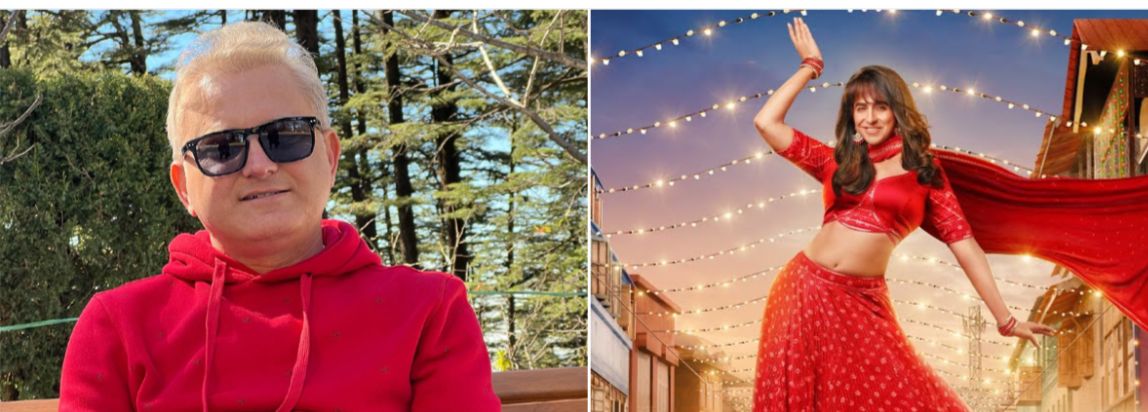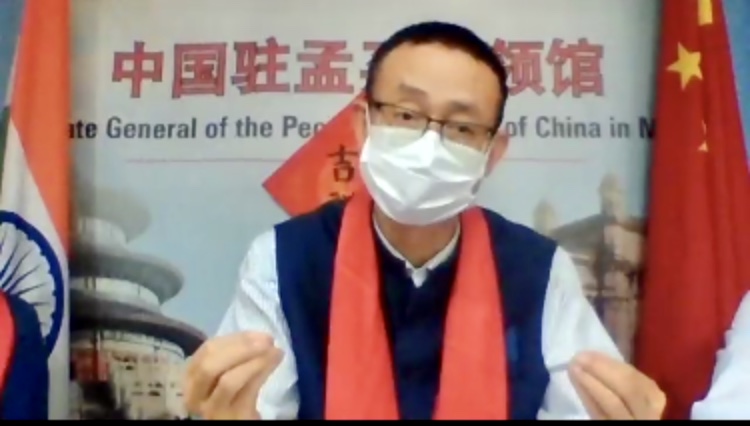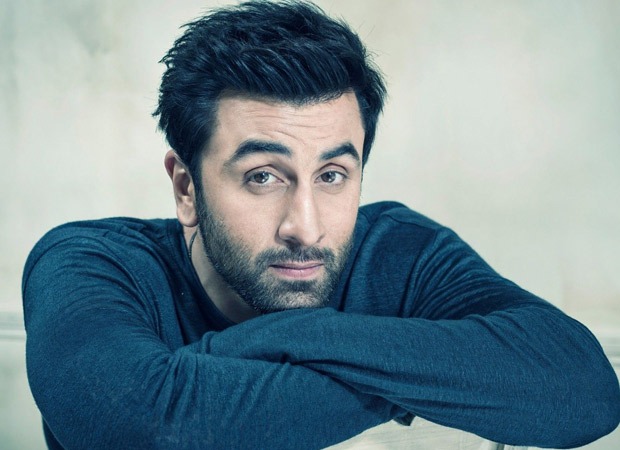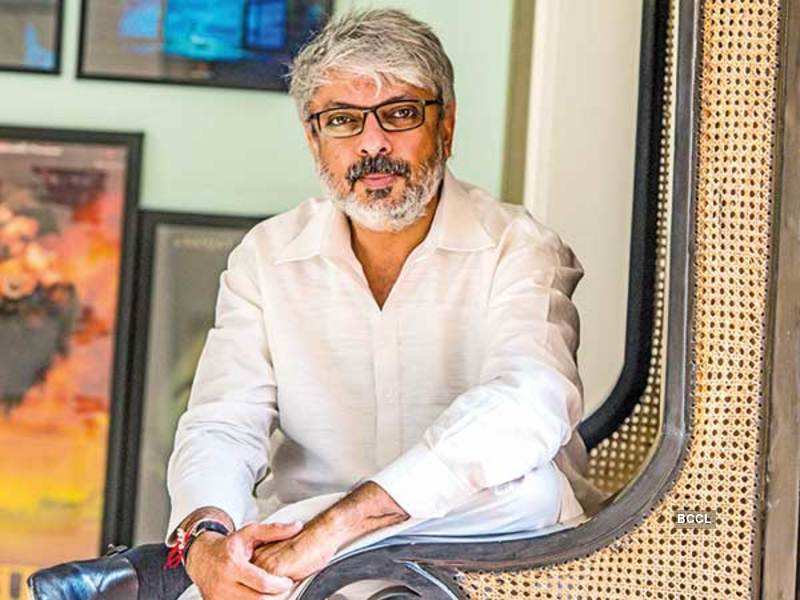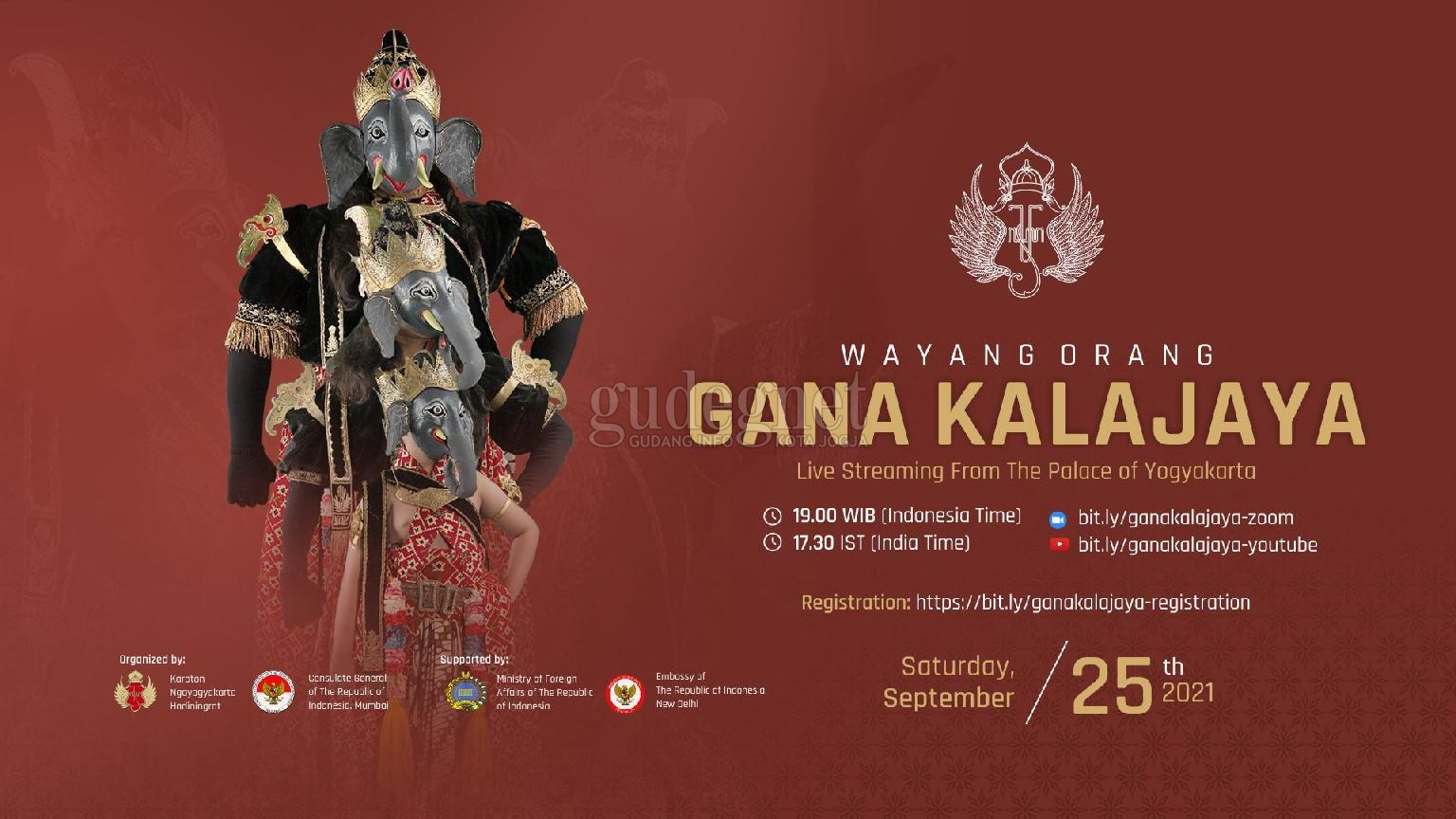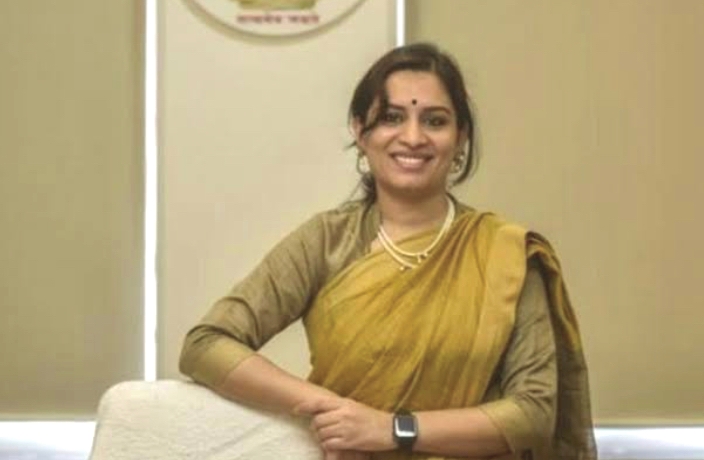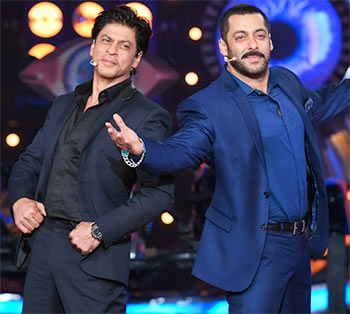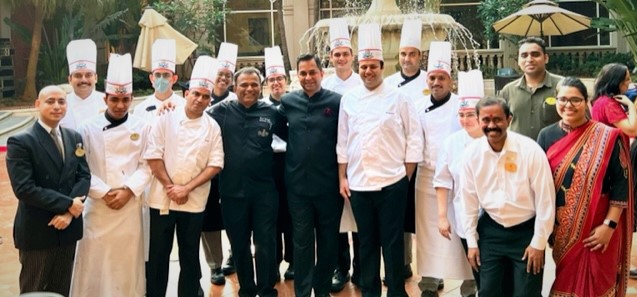Naresh Kathooria, a well-known screenwriter, producer, and actor in the entertainment industry, has been actively contributing to the sector, especially in the Punjabi film industry. Starting his career as a theatre actor, Naresh’s passion for the Punjabi film industry led him to explore screenwriting in the theatre world. His talents soon caught the attention of the television industry, where he worked on popular shows like Comedy Circus. However, it was after the massive success of the blockbuster Indian Punjabi film “Carry On Jatta” in 2012 that he gained widespread fame.
Naresh Kathooria’s creative journey as a screenwriter has been nothing short of remarkable. He has worked on numerous successful Punjabi films, leaving an indelible mark with each project. Notable among them are “Chakk De Phatte” (2008), where he co-wrote the screenplay with Amberdeep Singh and Smeep Kang, and served as a co-dialogue writer. The success of “Carry On Jatta” (2012) further solidified his position in the industry, as he co-wrote the screenplay with Smeep Kang and took on the role of the dialogue writer.
Throughout the years, Naresh has lent his writing prowess to various Punjabi films, including “Lucky Di Unlucky Story” (2013), “Jatts in Golmaal,” “Best of Luck,” “Naughty Jatts,” “Viyah 70 Km,” and “Bha Ji in Problem.” His ability to craft compelling stories and engaging dialogues earned him accolades from audiences and peers alike.
His contribution to the Punjabi film industry continued in the following years, as he worked on projects like “Mr & Mrs 420” and “Double Di Trouble” in 2014, “Munde Kamaal De” in 2015, and “Channo Kamli Yaar Di” in 2016. In 2017, he wrote “Vekh Baraatan Challiyan,” handling the story, screenplay, and dialogues.
In 2018, Naresh Kathooria played a vital role in the success of “Carry On Jatta 2,” contributing as a dialogue writer. He also served as the story, screenplay, and dialogue writer for “Mr & Mrs 420 Returns.”
The year 2019 saw Naresh’s valuable contributions as the dialogue writer for “Uda Aida,” “Manje Bistre 2,” “Chandigarh Amritsar Chandigarh,” and “Daaka.” He continued his creative journey in 2021, showcasing his storytelling skills as the story, screenplay, and dialogue writer for “Jinne Jamme Saare Nikamme” and “Paani Ch Madhaani.” In 2022, he added “Yaar Mera Titliaan Warga” and “Babe Bhangra Paunde Ne” to his impressive list of works.
As he entered 2023, Naresh Kathooria remained an integral part of the Punjabi film industry, contributing as a dialogue writer for “Carry on Jatta 3” and “Gaddi Jaandi Ae Chalaangaan Maardi.” Additionally, he made a notable foray into the Hindi film industry, working as the story and screenplay writer for “Dream Girl 2.”
Despite his immense contributions and widespread recognition, Naresh Kathooria recently faced a controversy over missing writing credits in the trailer for “Dream Girl 2.” The legal notice he sent to the makers of the film highlighted the initial agreement regarding the credits, wherein his name was meant to be credited alongside the director, Raaj Shaandilyaa, for all writing contributions. Naresh’s request for proper recognition was supported by prominent personalities within the film industry.
The legal notice demanded immediate action, urging the removal of the current trailer from all social media platforms and YouTube, replacing it with a version that includes the agreed-upon credits. Furthermore, it insisted on withdrawing the “Written and Directed By” credit from Raaj Shaandilyaa. Naresh also requested to be actively involved in all promotional activities without incurring additional costs and to correct the credits as per the agreed-upon proposal.
As the industry eagerly awaits the resolution of this dispute, it serves as a reminder that artists like Naresh Kathooria deserve due credit and recognition for their invaluable contributions to the world of cinema. The controversy underscores the importance of respecting and acknowledging the creative efforts of all individuals involved in the filmmaking process.

